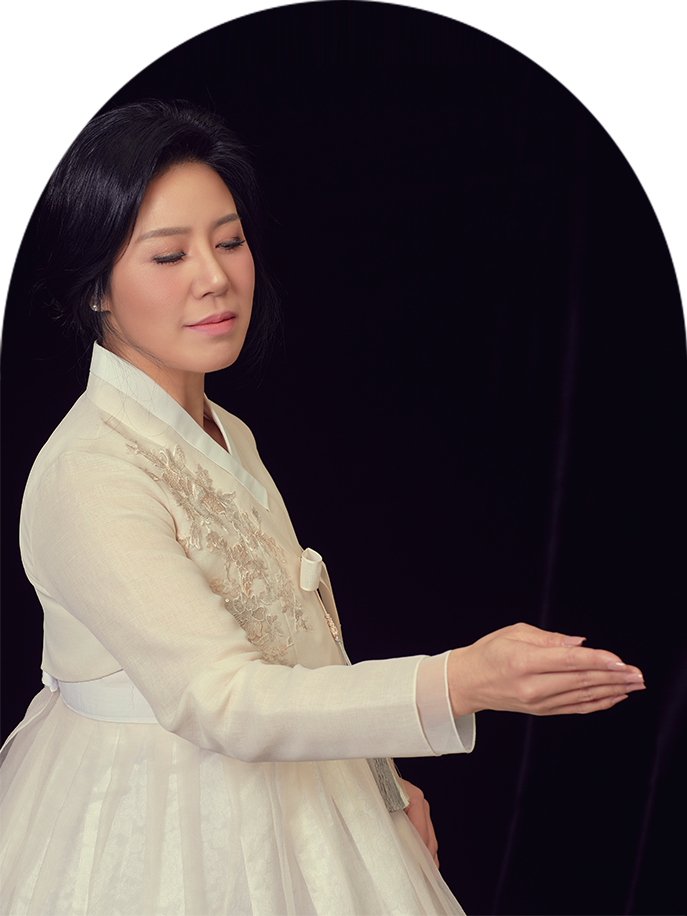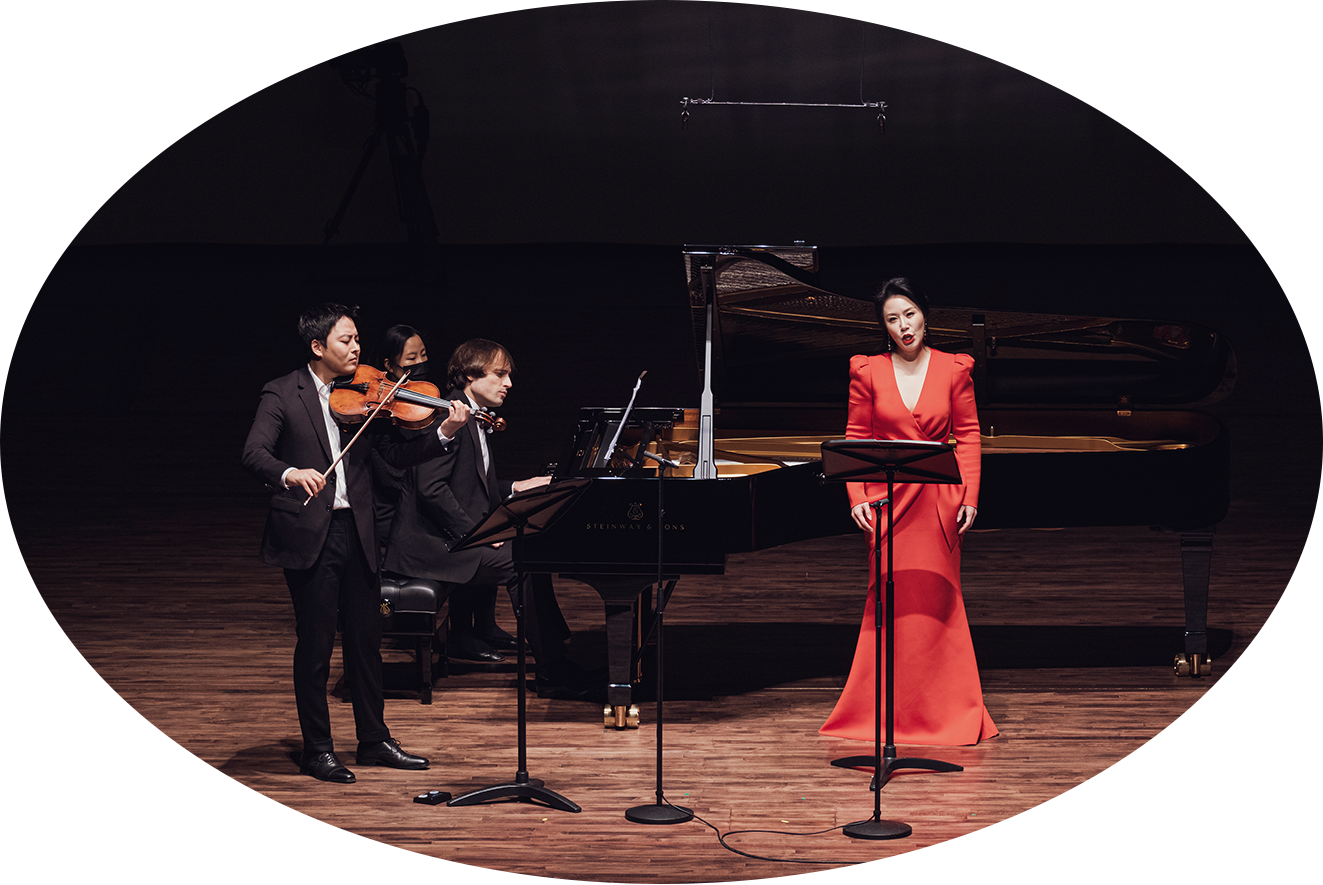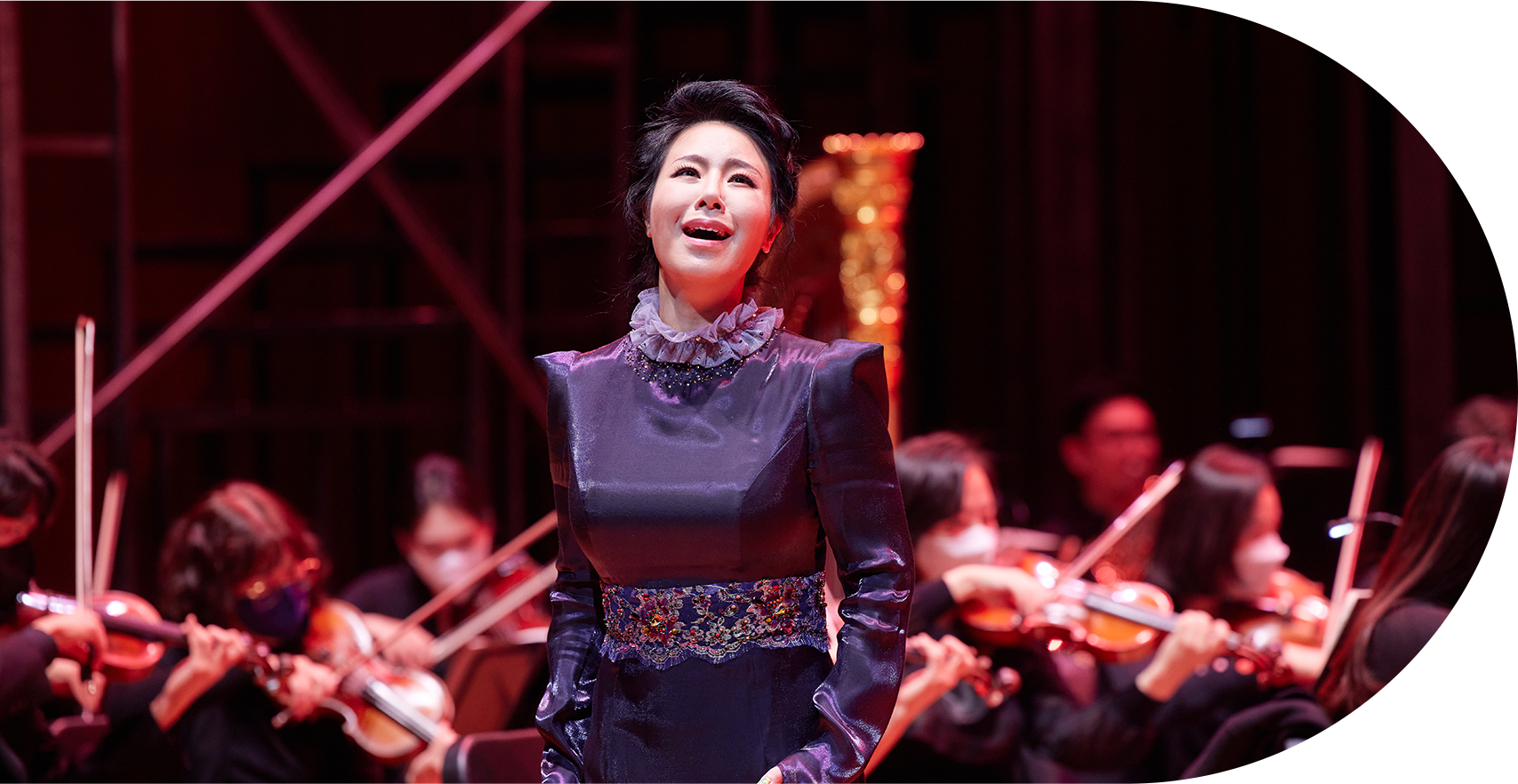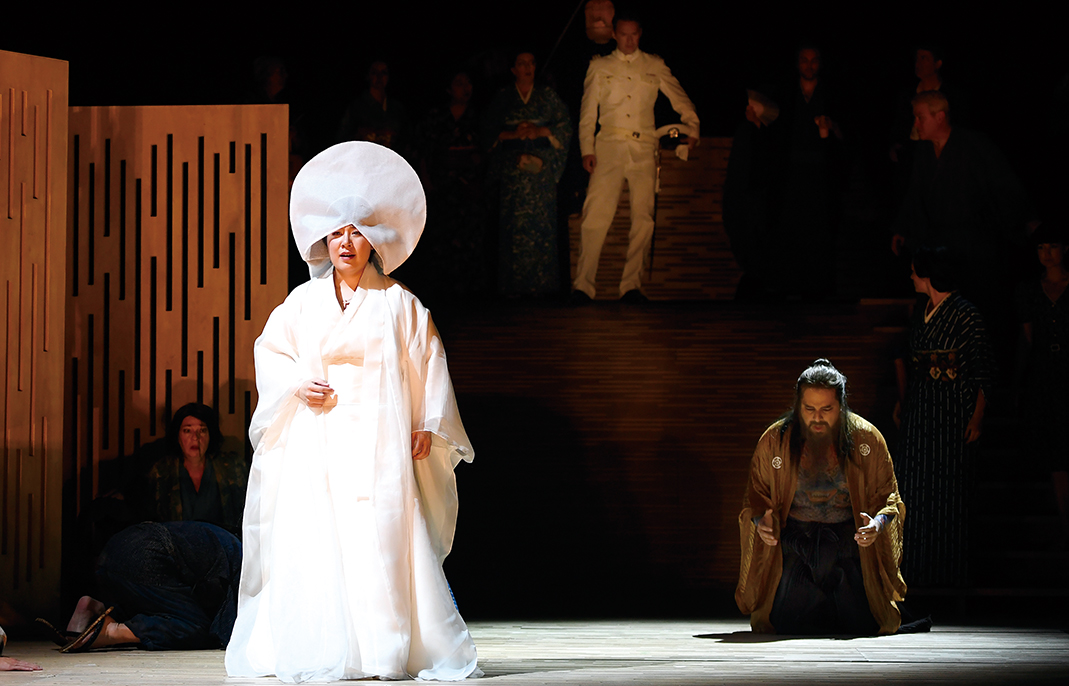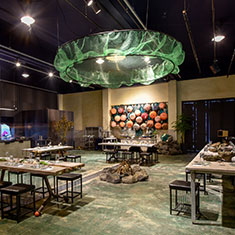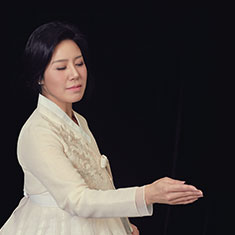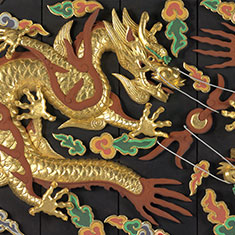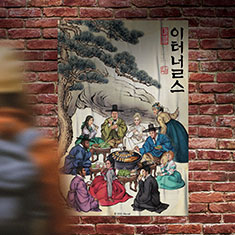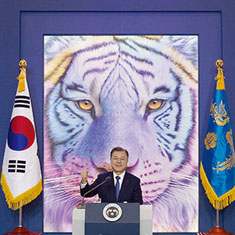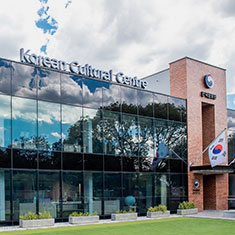It Started With Love
“If you have an overflowing sense of love for something―whether it’s God, another person, or Nature―that love becomes poetry. Adding melody to the poetry turns it into music. Love is the very first thing that you need in your heart when you sing music.”
Seo Sun Young studied music in Seoul, went abroad to Germany to learn more, and was active in Theater Basel in Switzerland; her journey’s beginnings, however, were in southeast Korea. Seo vividly remembers when she sang in a church choir in Changwon, her hometown, during her second year of elementary school. She would wait all week for Sunday to come around because she enjoyed creating music with her friends at church.
“People who met me in my childhood remember me as a really serious student, but when I look back, I don’t remember ever forcing myself to study,” she says. “When I studied vocal music, I interpreted the music by turning the situations that made the poets write a particular way into my own stories. It was really fun for me to analyze opera scripts and express them musically. If you really love what you’re doing―whether it’s music or anything else―you’ll soon find that you’ve developed your skills without even knowing it.”
From Düsseldorf to Basel
Seo graduated from the Excellence Program under soprano Michaela Kramer at the Robert Schumann Hochschule. At the school, she walked along the aesthetically pleasing Rhine River to think and also to clear her thoughts. Seo took those walks to focus more on her immediate next steps because, at the time, her future path was unclear. After that time―akin to a “period in the wilderness” for her she headed to Basel.
“If it wasn’t for baritone Lee Eung Gwang, I would have never forged a connection with the Basel Theater,” she recalls. “Lee had a leading role at the theater, and I applied to the Open Studio Project on the back of his recommendation. As it happened, the date of my audition was between two of my performances of Puccini’s ‘Suor Angelica’ at my school. I would have had to do my performance in the opera on Thursday night, go to my audition in Basel on Friday morning, and then head back to perform in the opera again on Saturday afternoon. I didn’t feel like I could handle it. I gained the courage to go, however, when he strongly recommended that I attend the audition, saying ‘you must come because it’s a rare opportunity.’”
Fortunately, Seo did well in the audition. Despite her good performance, however, she still had to wait a long time until the final selections were made.
“The theater had a rule that at least one person from among the four selected for soprano, mezzo soprano, tenor, baritone or bass must be a Swiss citizen,” she says. “Thankfully, I was chosen.”
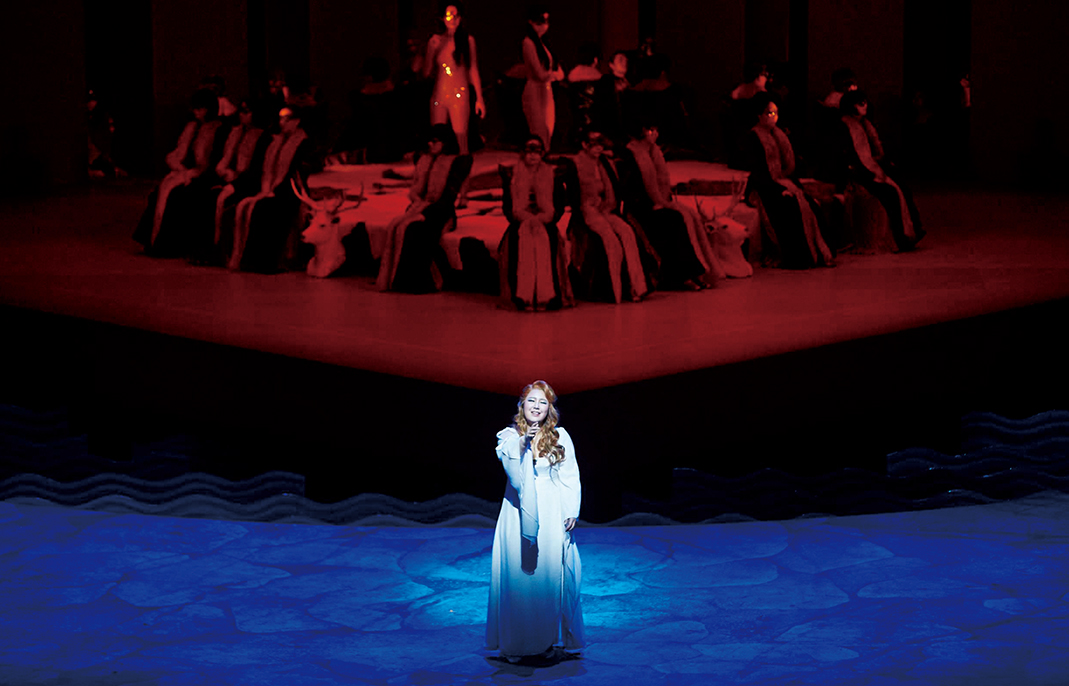
Seo takes on the role of Rusalka with the Korea National Opera.
Acting Skills Required
Rusalka, a water spirit, was the first leading role given to Seo both in Europe and in Korea. During the 2011/2012 season, she played the title role in Dvorak’s “Rusalka” at the Basel Theater, and debuted in Korea at the first performance of “Rusalka” with the Korea National Opera in 2016. Rusalka tells the story of a mermaid who does not grow old or get ill. The character, in a shocking turn, loses her ability to speak―and thus sing to gain the form of a human being; in fact, the opera is unique in that its main character, Rusalka, has to act on stage for an extended period without singing. Seo says that her “acting coach” was none other than Korean TV programs. On stage, she typically took roles where she was killed or lost someone she loved. These experiences are rare in real life, which means she frequently had to learn about expressing emotions through TV shows or movies.
“One program that had a significant impact on me was 2006’s ‘Hwang Jini.’ Ha Ji Won plays the role of Hwang Jini, and the drama, with its priceless dialogue, does such a good job of expressing how love can be abandoned for art and the hurt it causes that I wanted to write down everything I heard and saw in it, along with the values Ha has about the arts,” she says. “Even these days, I seek out this show when I have the time or want to clear my head.”


